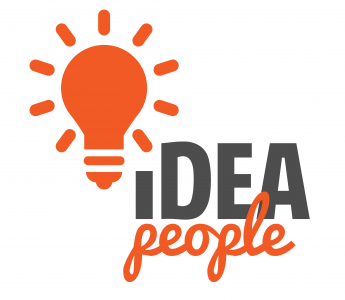Honestly, this long post by Mike Caulfield is one of the most interesting things I’ve read in a while.
The Garden and the Stream: A Technopastoral
His thesis is that in its early days, the Web (hypertext) was headed toward a “garden” approach, where humans collaboratively curated and organized knowledge for broad consumption. As everyone tended ideas and helped them grow, communities centered around those ideas could get stronger too.
But what we’ve ended up with is a “stream,” like the timeline you’re reading right now. Blogging, social media, “streams” — these are individualistic and competitive rather than cooperative. They’re about tossing a piece of knowledge onto a biased pile that I’m building for myself rather than adding something valuable to a resource for others.
The ethics of information management, of civic discourse, of the Internet all appear in this essay. It may be one of my favorite reads in a while (and it’s from 2016, so I’m super late to the party here) because the author not only identifies one of the elements making Internet discourse so toxic at the moment, he’s also identifying potential paths toward a solution….. if people are willing to try them.
Read it and see what you think: The Garden and the Stream: A Technopastoral (Hapgood)
Application to the Classroom
Students need a combination of personal “holding tanks” for information that are searchable and tangible, but also selectively sharable to make collaboration possible. Mike discusses federated wikis in his post, and I was drawn to the concept of a tool that would let me build my own personal web of collected resources, articles, and ideas.
Building information resources together helps students recognize the ways in which they see ideas differently than their classmates do, how their organizational trees might not match someone else’s. Arguments ensue – but the good kind of arguments where new understandings can emerge. 😉
Tools for saving links or creating info webs
- Old school: 3×5 cards or prints, and string. It works because it’s analog! Downside: hard to keep up with digital info this way. Upside: quickly develop a web of understanding for a pile of separate ideas or articles.
- Popplet: Build virtual “mind maps” using text, photos, links to show relationships between ideas. Free app for iPad; Paid app for iPad allows for more features; desktop app. Another app of this type is Pearltrees(AppStore).
- Microsoft OneNote is surprisingly robust, and allows for collaborative note-saving via the online version of Office 365. Users can click anywhere on the page to add a snippet or photo. There are drawing tools to showing connections, and multiple notebook sections allow for deep organization.
- If you know your way around code, you can check out the federated wiki project discussed in the essay.
Talk about information ethics
This is perhaps the most overlooked aspect of technology — it’s so integrated into our lives, that it often doesn’t occur to us to question how we’re using it and why. Who has the right to restrict access to ideas and information? Are we accepting restrictions on access unthinkingly, because we fail to question the values being promoted around us? Or is there an argument for a public “commons” for ideas so that all may benefit?
The balance between access and cost has been swirling around online information since human society recognized that knowledge holds power. Most recently, this is emerging in topics like debates over whether taxpayer-funded research should be published in free open-access journals. (The British Academy sponsored a great series of point/counterpoint articles on the topic.) Even young students have probably encountered a paywall when they were reading about a topic on the web. Print journalism is undergoing a crisis of revenue as local newsrooms shed jobs because they can’t bring in enough ad revenue to pay reporters’ salaries.
Final thoughts
Does your classroom culture promote collaboration or isolation?
Are students expected to carry out research independently or on teams? Do you discuss the pros/cons of both approaches with your students, to help them understand the metacognitive choices being made (or made for them)?
SHARE
